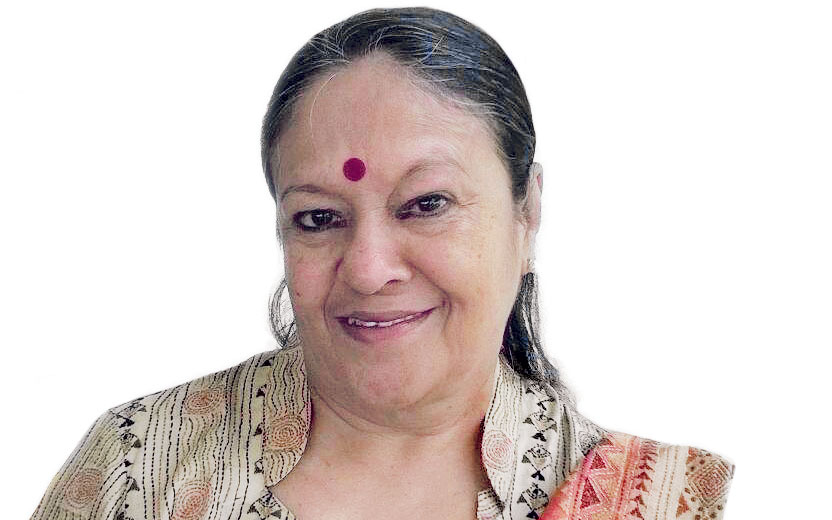For Rotary and Rotarians, constantly striving to improve the lives of fellow citizens, in whatever corner of the world, there is always enough and more to do. That much more in a country such as India where challenges abound on the development front in areas as varied as literacy and sanitation, health, housing and nutrition, and above all gender and child rights.

So just before undertaking a three-day journey to the Rudraprayag region in the Garhwal Himalayas where Rotarians are building schools that were devastated by the June 2013 flash floods, it was exhilarating to learn that Kailash Satyarthi, a child rights activist from Madhya Pradesh in India, and Malala Yusufzai, a Pakistani teenaged activist fighting for the girl child’s right to education, and already an international celebrity, had jointly bagged this year’s Nobel Peace Prize.
Satyarthi’s organisation Bachpan Bachao Andolan has been fighting for decades to stop child trafficking and rescue children held in bonded labour and put them into schools. According to the 2011 census, there are 43.53 lakh working children in the 5–14 age group in India. Shocking though this number sounds, we were much worse — the 2001 census had put the number of working Indian children to over 1.26 crore. NGOs say the real number is far, far greater, if you include children working in restaurants and roadside chai-shops, construction industry, homes and offices. It is no consolation that the official number has more than halved in 10 years. We can’t raise our heads and say with pride we are Indian unless we can get all our children into schools, and return their childhood to them.
Malala’s story has been well documented. Shot by the Pakistan Taliban through her head for daring to advocate on a BBC blog the girl child’s right to education, she was treated by a hospital in Birmingham, UK, where she is schooling now. Her grit and determination to work for girls’ right to education has influenced world leaders and her 16th birthday was celebrated by the UN as ‘Malala Day.’ After winning the Peace Prize, she touched our hearts by her simple speech in which she thanked her parents, specially her father “for not clipping my wings, for letting me fly and achieve my goals. For showing to the world that a girl is not supposed to be a slave, she should have an identity, she has equal rights and she should be recognised as a voice.”
While these activists have put children’s education on centrestage, there are millions of Indian schoolchildren who have no such ‘saviours.’ We can wax eloquent on quality education, but what about those children who don’t even have a basic classroom with a safe roof above their heads? Where children study in the open because their parents are terrified that the damaged roof might collapse on their little heads anytime? This happened in Uttarakhand after the flash floods of June 2013 devastated many schools in Uttarkashi, Rudraprayag and other areas in the Garhwal Himalayas.
Rotary has swung into action and is now engaged in building several such schools, which are designed and built taking safeguards against earthquakes and landslides (page 16). With the Rotary Uttarakhand Disaster Relief Trust formed last year, District 3080 started to implement their plans and model schools are coming up in remote villages of the State. I visited a couple last fortnight, one requiring a one-hour hike on the hills, and could see the contrast between the ramshackled schools these bright-eyed and shiny-faced children attend now and the new Rotary schools being built from a corpus of Rs 5.12 crore. All the money, except a few lakh of rupees, has been collected from India.
Rotarians acted immediately in Jammu & Kashmir and are continuing to send the much needed relief material (Page 24). In Pune, Distrct 3131 has done exemplary work for rejuvenating a dry stream and given hope to the farmers of three villages (page 44).
When you give for such causes, you open not only your purses, but also your hearts.
Rasheeda Bhagat





